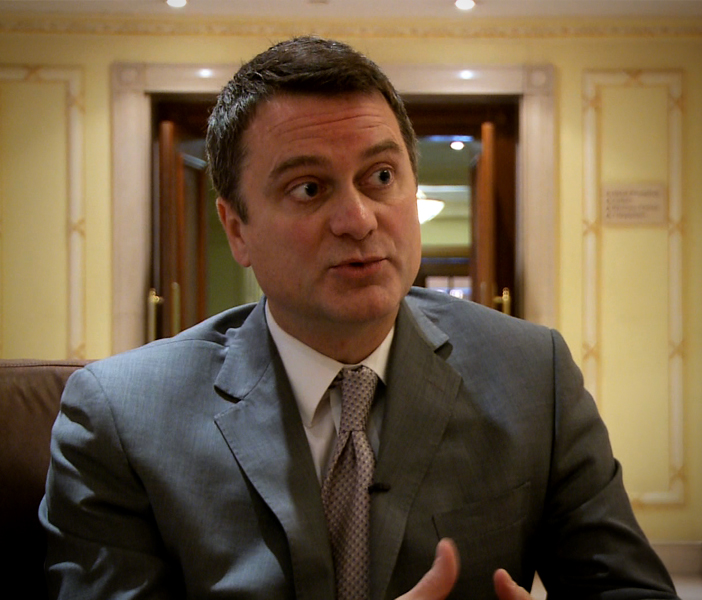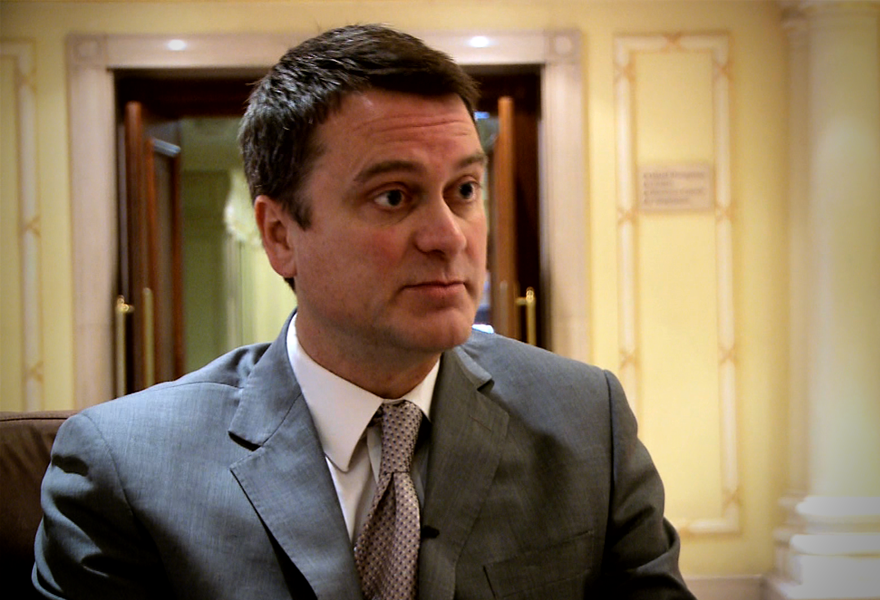For a couple of years now the European Commission has been looking at ways to solve the European Union’s conundrum when it comes to its plethora of different gambling markets.
 Attempts so far have seen a number of different schemes with most of the progress towards “forcing” countries to cooperate through mutual agreements. Full harmonization is, realistically, never going to happen but the European Commission will still try its darnedest to make it happen.
Attempts so far have seen a number of different schemes with most of the progress towards “forcing” countries to cooperate through mutual agreements. Full harmonization is, realistically, never going to happen but the European Commission will still try its darnedest to make it happen.
Wes Himes, managing partner at Policy Action, has seen the EU’s attempts to harmonize the industry and spoke to CalvinAyre.com at the recent Legal Gaming in Europe summit in London. When pushed on whether the EU will ever see full regulation, he replied: “We’ll be waiting a long time.”
This doesn’t mean progress hasn’t been chugging along and the most official document to emerge as regards regulation was last year’s Green Paper. Released last March, it marked the start of a four-month consultation aimed at creating a fact-based picture of the current situation amongst the 27 members of the EU. It invited stakeholders to submit responses and when the period expired there had been 249 in total. These came from various gambling industry firms, government agencies and individuals involved in the industry. Nothing has changed as yet.
Himes explained: “They’re coming up with an action plan this year, which is basically a follow up to the consultation. Replies will be summarized. It will lead to a mini-work programme.
“The consultation had 50-plus questions covering a huge range of areas from sports to freedom of establishment and services as well as advertising.”
The mini-work program, which could come with the responses to the consultation in July, will look at regulatory cooperation and set out a list of “common standards” for the industry. In all likelihood it will look at ways to make it easier to apply for licences in many different jurisdictions and could mean companies need send only one translated application to each different territory.
Himes added: “The European Commission is more likely to force jurisdictions to cooperate with each other.”
As yet there’s nothing legally binding them to do so. The first inroads have already been made with the signing of a non-binding resolution in November. This was passed unanimously by members of the EU Parliament and is the first step towards this kind of cooperation. The main question remaining asks why jurisdictions would sign EU-controlled MOUs and cooperation agreements when they can just sign them between themselves.
Himes gave us a number of updates from around Europe on where certain regimes stand in the regulatory process. According to Himes, companies looking at Germany wish it were that easy. If the State Treaty is adopted, Himes thinks this will be a “negative regime” for a couple of years at least and it will head in a similar direction to France. Greece has “bigger fish to fry” and in the Netherlands “there will be a political decision this year”. A “bill will be presented” in Ireland with Bulgaria and Hungary likely to see more movement as well.
It was explained that most European jurisdictions usually go through a two-year cycle and at the end of it they will have often decided on a regime that is a lot more favorable for companies applying. Until that happens, most companies have a tough decision to make and a lot will depend on their “history, brand and footprint” in the country involved, according to Himes.
The future for Europe’s iGaming industry won’t be the complete harmonized market the European Commission hopes for. Cooperation between territories remains the most likely course and Himes concluded: “If we’re patient, gambling will become mainstream leisure activity that’s tough but reasonably regulated and attractive to operators.
“We need to be patient and we’ll get there eventually.”
